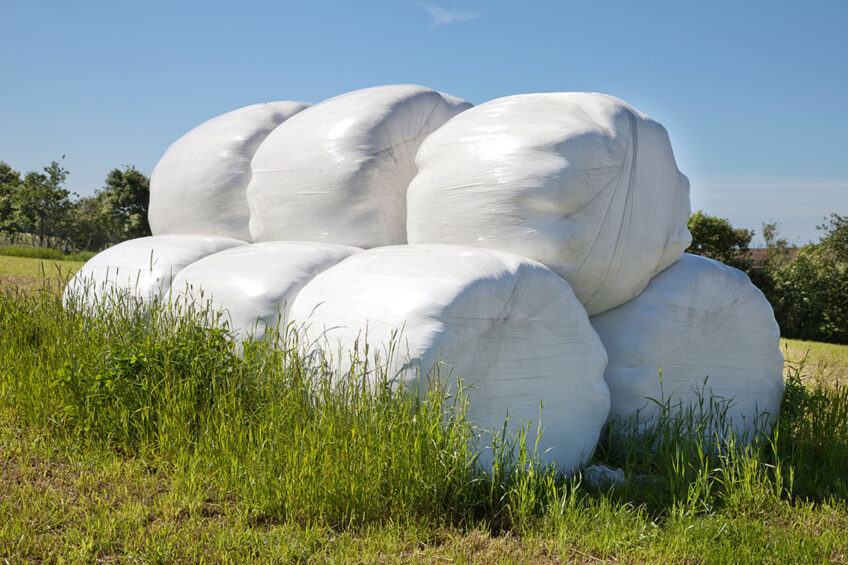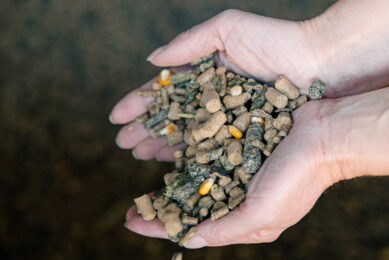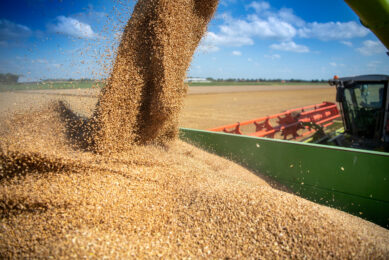Contamination of silage with mycotoxins after aerobic exposure

Silage bags are recommended for whole-plant corn silage (WPCS) following research into mycotoxin contamination by Chinese scientists.
Their study, carried out at Guizhou University, assessed the effects of bunker silos (BS), round bales (RB) and silage bags (SB) on the nutritional characteristics, fermentation quality, aerobic stability, mycotoxin levels and microbial communities of whole-plant corn silage. Following 90 days of fermentation, silages were opened and sampled at 0, 1, 3, 5, 7 and 9 days of exposure.
Aerobic stability
The results found the SB group conserved higher lactic acid and dry matter contents and a lower pH value than the other groups after 9 days of exposure (p<0.05). The SB group also showed the longest aerobic stability (202h) among all silages (p<0.05). Concentrations of aflatoxin B1, trichothecenes and fumonisin B1 were significantly lower in SB after 9 days of exposure (p<0.05).
Bacteria content
The study discovered that Acetobacter became the dominant bacteria in BS and RB groups after 5 days of exposure. However, Lactobacillus still dominated the bacterial community in the SB group and reduced fermentation degradation. Acetobacter was positively correlated with pH, acetic acid content and ammonia-N content (p<0.05).
Lactobacillus was positively correlated with Kazachstania and Candida abundances (p<0.01) but negatively correlated with Fusarium abundance (p<0.05). Therefore, with a lower pH value and the dominance of Lactobacillus inn SB, the proliferation of toxic micro-organisms was limited.
Silage bags recommended
Considering the feed value and food safety of silage in the feeding process, silage bags are recommended for WPCS according to the observed nutritional quality, fermentation index and mycotoxin content.
The research, “Characterisation of mycotoxins and microbial community in whole plant corn ensiled in different silo types during aerobic exposure,” was published in the journal, Frontiers in Microbiology











